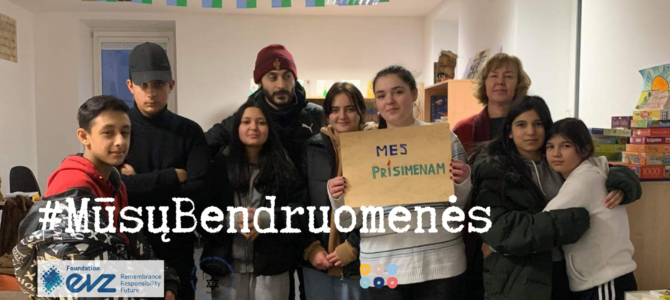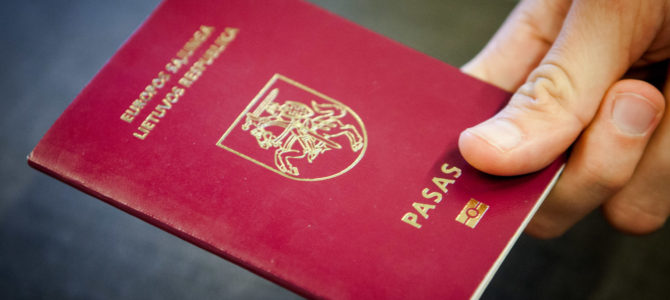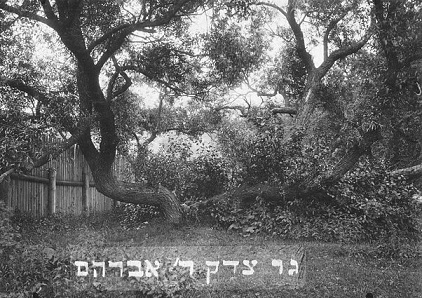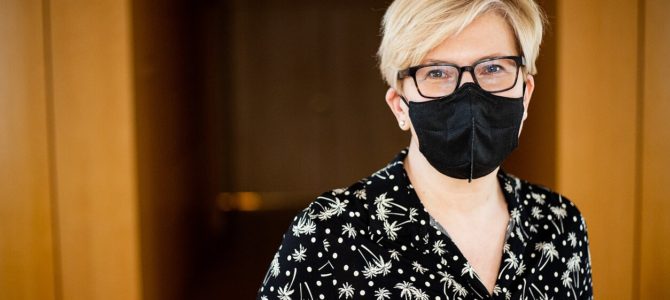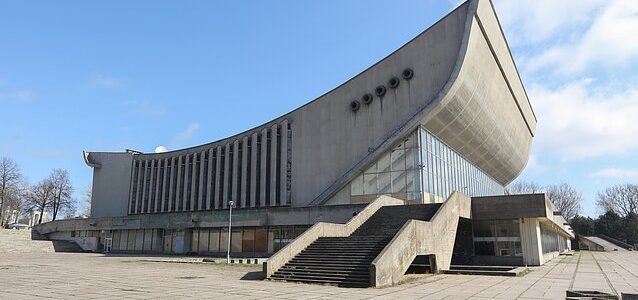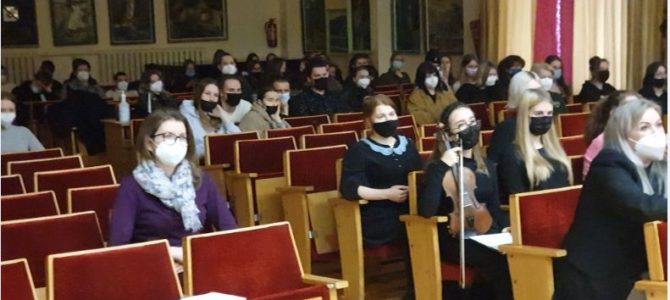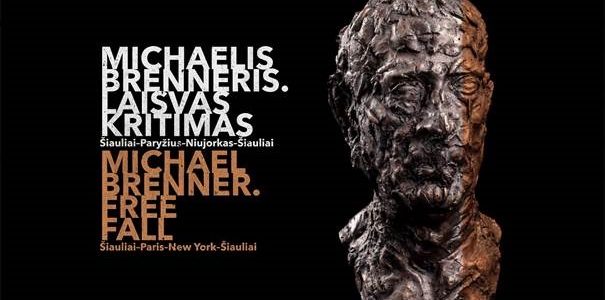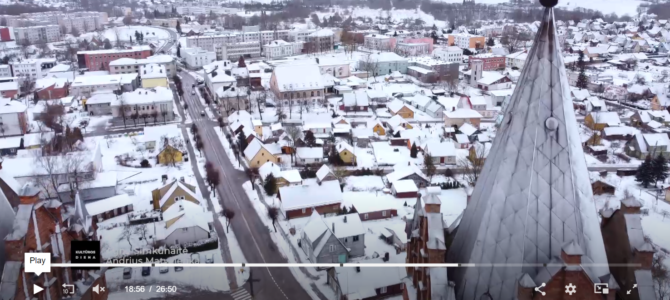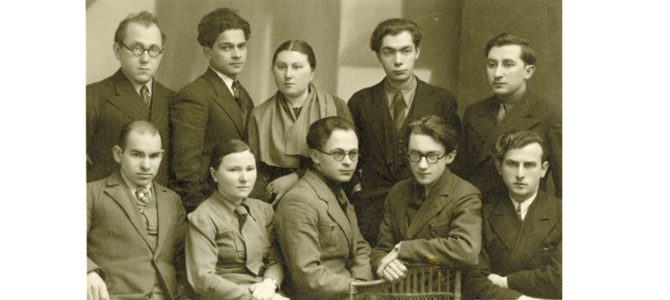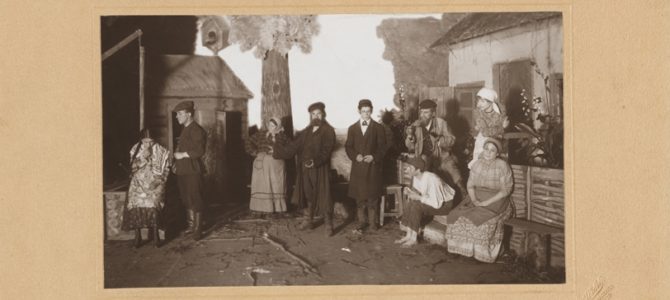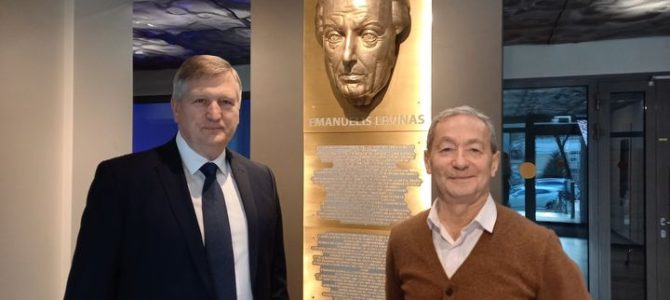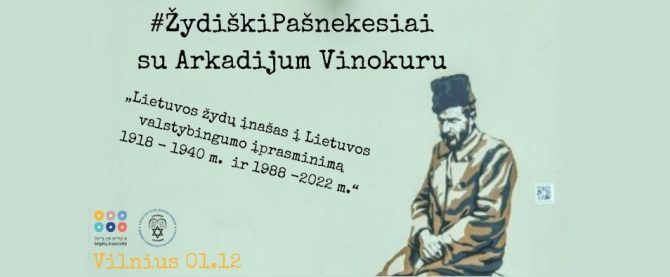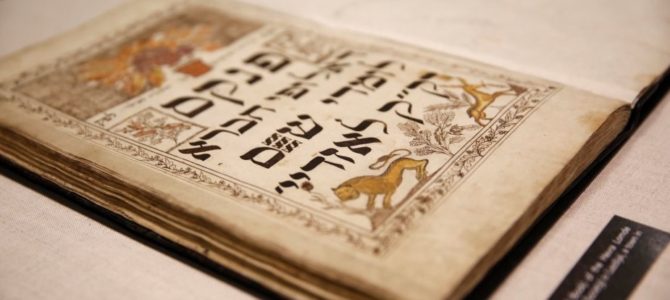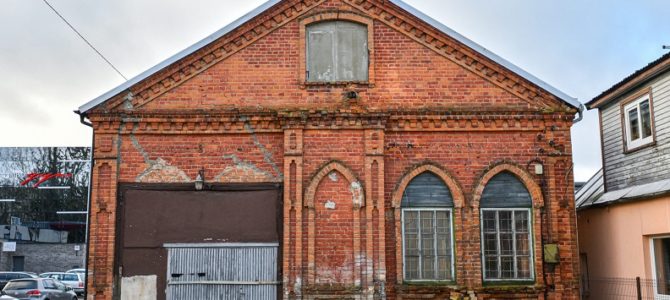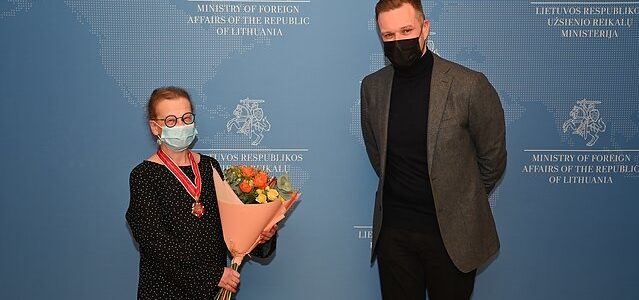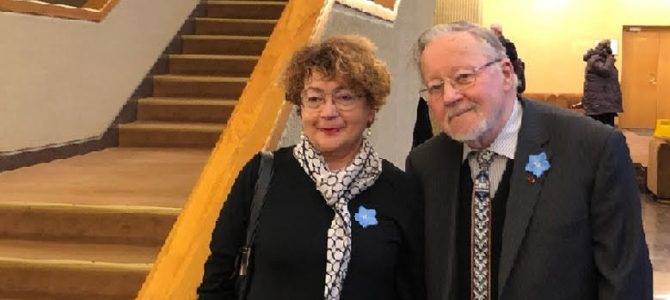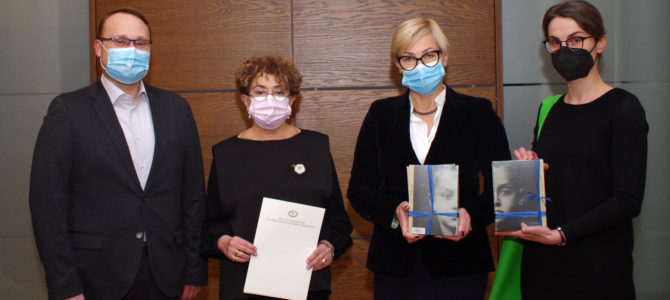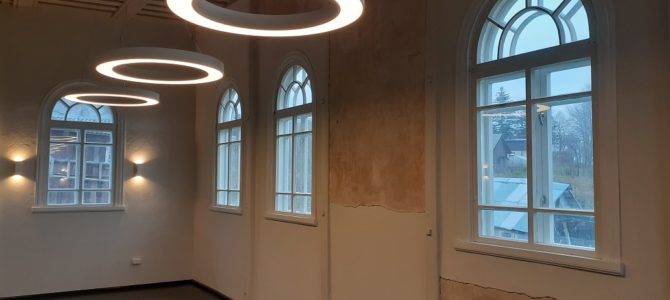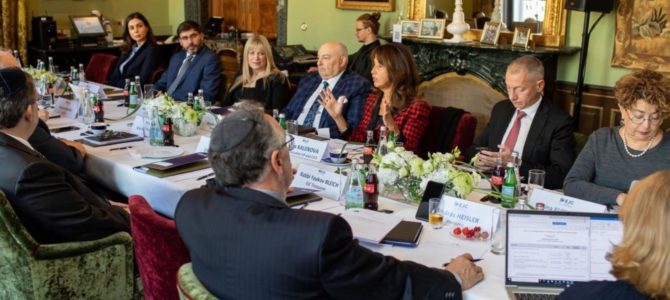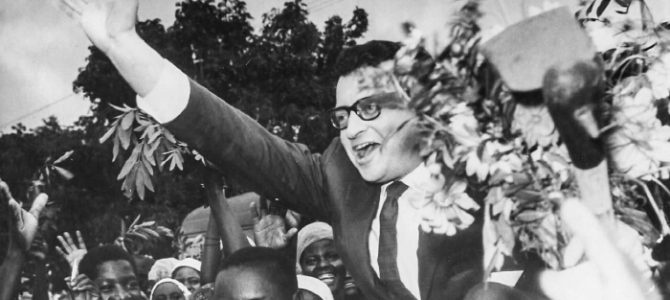The year 2021 reminded us all of the suffering and misfortune the people of Lithuania had to live through in the 20th century, finding themselves at the intersection of the interests of the world’s great powers. There were commemorations, conferences and exhibitions throughout Lithuania. Even so, we haven’t done all our homework to insure the preservation of historical memory and teaching the younger generation a deeper sense of history don’t merely become annual events, but an inalienable part of national politics where all institutions work towards a common goal in a coordinated way, so that the combined resources of the state and society work together according to a clear strategy.
The Lithuanian Jewish Community and the Roma Social Center are beginning the implementation of a project called Young Leaders of the Jewish and Roma Communities for the Preservation of Historical Memory and Justice organized by Germany’s EVZ Foundation aimed at teaching the public the importance of the history of the Roma and Jewish communities with the goal of including and engaging the younger generation of both communities.
Do members of these communities feel safe living in their own country?


